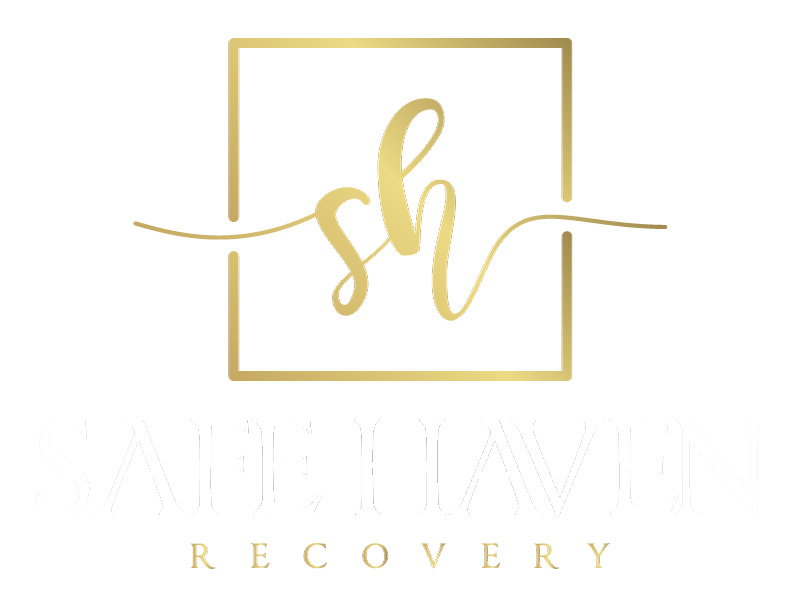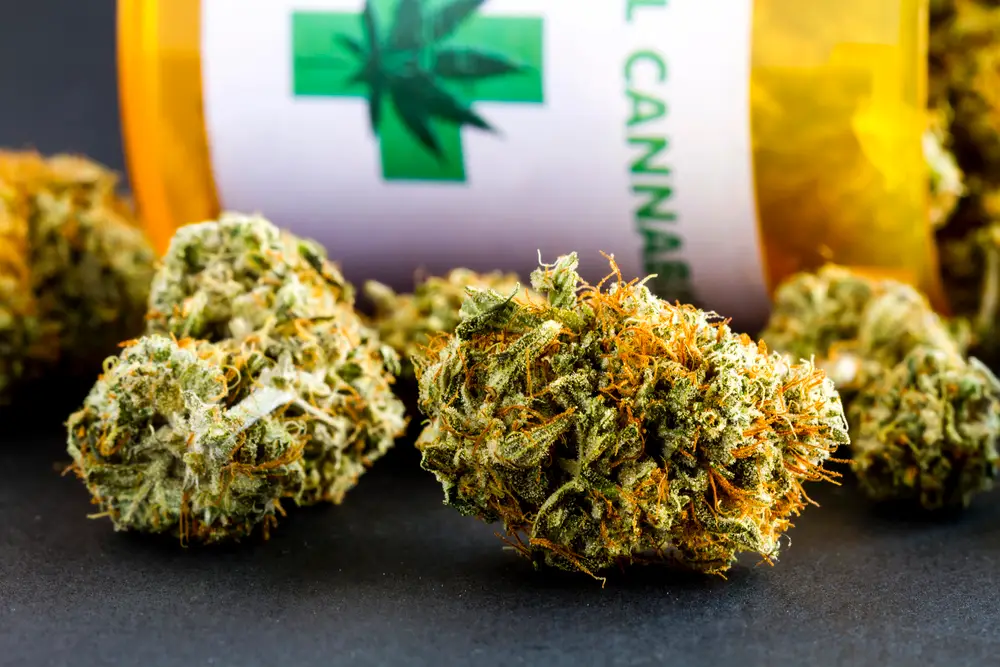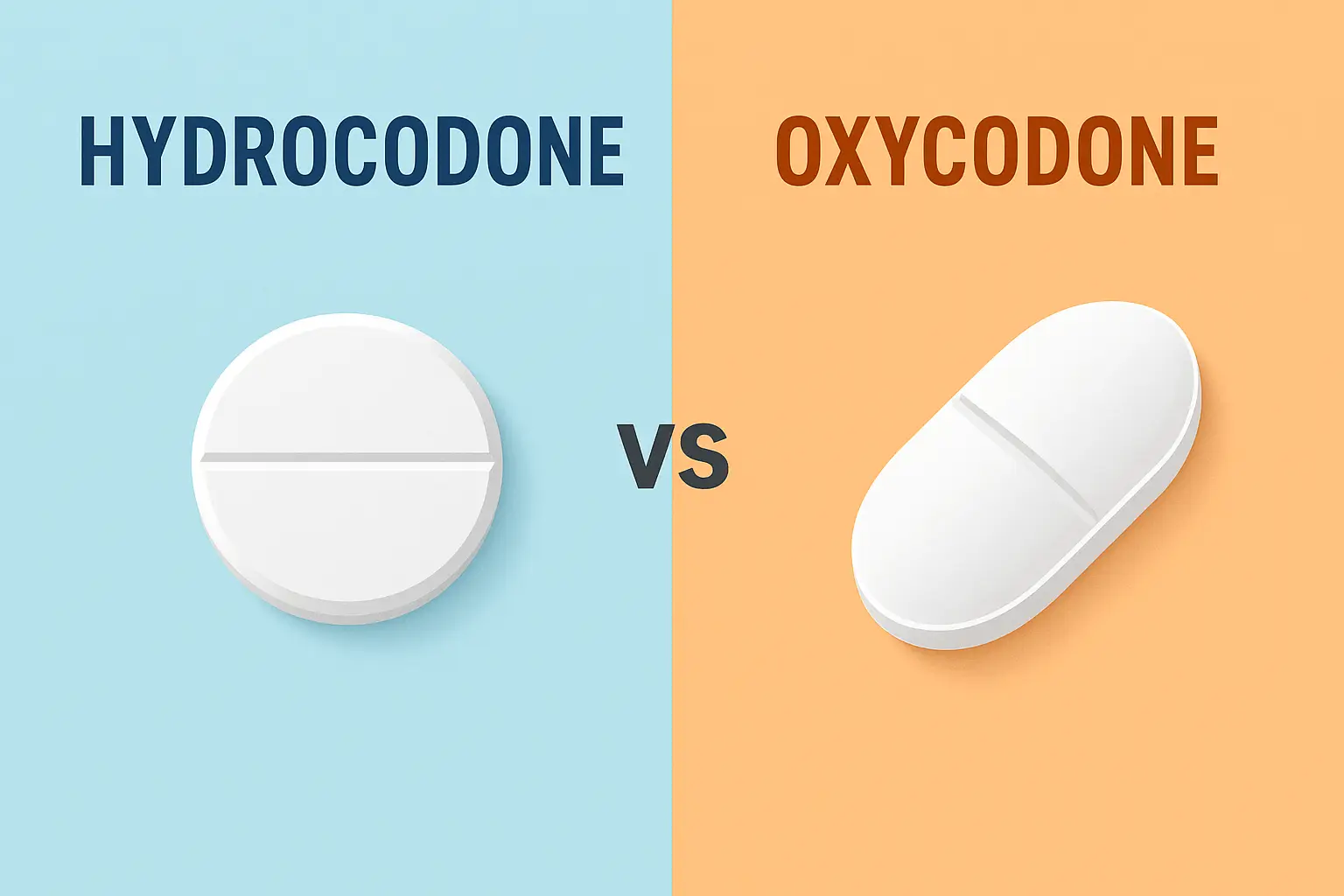
Ketamine has been in the news lately, but as a miracle cure, not a dangerous drug. If you’ve spent years thinking ketamine is a party drug with no legitimate uses, you’re not alone. The truth is that ketamine has long been used as an anesthetic, so it does have some medicinal properties.
Ketamine also shows promise as an effective treatment for depression that hasn’t responded to other medications (treatment-resistant depression). With so much misinformation floating around, we’ve made it our mission to educate people about the clinical use of ketamine for depression.
We’ll dispel common myths and help you determine if ketamine treatment is right for you.
Struggling with depression that hasn’t responded to traditional treatments? Our team at Safe Haven Recovery is here to help you explore safe and effective options.
What Is Ketamine Therapy?
Ketamine therapy is the use of ketamine in people with treatment-resistant depression. Ketamine is a psychedelic drug, which means it changes the way you think and perceive things.
From Anesthesia to Mental Health Innovation
Ketamine is an anesthetic agent that was initially used to treat wounded soldiers during the Vietnam War. Because ketamine acts quickly and has dissociative effects, it allows field medics to treat the injured without having to move them to an operating room.
After clinical trials demonstrated its value as a quick-acting anesthetic, medical professionals started using ketamine in patients with broken bones and dislocated joints. Anesthesiologists also use ketamine to anesthetize patients before surgery.
In 1990, researchers discovered that blocking certain receptors in the brains of mice helped relieve symptoms similar to those caused by depression. This prompted a team of scientists at Yale University to explore the use of ketamine as an antidepressant.
How Ketamine Works in the Brain
Glutamateis a neurotransmitter, so it carries messages through the nervous system. To work properly, glutamate must bind to certain receptors in your brain. Once glutamate binds with an appropriate receptor, your brain cells can communicate with each other.
Some people develop depression as a result of abnormal glutamate release. Ketamine is an NMDA receptor antagonist, so it binds with NMDA receptors, preventing glutamate from causing depressive symptoms.
Ketamine works quickly, so it produces antidepressant effects faster than other treatments. This makes it useful for treating treatment-resistant depression.
Types of Ketamine Treatment Offered
Like many other medications, ketamine treatment comes in several forms:
- IV ketamine. A ketamine infusion delivers the medication directly to a vein in one of your arms.
- Intramuscular injection. If you get an IM injection, a nurse or another medical professional injects ketamine directly into one of your muscles.
- Nasal spray. In 2019, the Food & Drug Administration approved a nasal spray called esketamine for use in patients with treatment-resistant depression. As of 2025, the FDA also allows healthcare providers to prescribe ketamine as a treatment for major depressive disorder.

Is Ketamine Treatment Right for You?
Who It Helps Most
Ketamine is most effective for individuals with treatment-resistant depression. Depression is classified as treatment-resistant when you’ve tried at least two antidepressants with no real improvement in your symptoms.
What Makes Someone a Good Candidate?
Health care professionals consider many factors when determining if someone is a good candidate for ketamine treatment. Before you try ketamine, it’s important to have a complete psychiatric evaluation, which includes a review of your medical history and mental health background.
If your depression severity and medical history make you a good candidate for ketamine treatment, your health care provider may recommend cognitive behavioral therapy or another type of psychotherapy to enhance its effects.
Wondering if you’re a candidate for ketamine therapy? Schedule a confidential assessment with our compassionate care team today.
What to Expect During Ketamine for Depression Treatment
Here’s what you can expect if you decide to use ketamine to treat depression or other mental health conditions.
The Treatment Experience at Safe Haven Recovery
Safe Haven Recovery offers a calm, supportive environment to help you maximize the benefits of ketamine use. We have medical monitoring and psychological support available at all times, ensuring your safety. The duration and frequency of your sessions will depend on the severity of your depression and other considerations.
Possible Side Effects and Safety Considerations
In addition to the positive effects of ketamine, the drug may cause temporary nausea and dizziness. Ketamine also causes dissociation, which is why it’s so effective for treating depression.
Before you begin your treatment, we’ll explain the risks in detail and make sure you understand them. We also take steps to reduce the risks of taking ketamine.
Addressing Concerns and Misconceptions
Is Ketamine Just Another Way to Get High?
An individual with a substance use disorder may take ketamine to get high. However, medical ketamine therapy is a legitimate type of depression treatment. This type of therapy has strict protocols, constant medical supervision and a medical purpose. It’s not just another way to get high and forget about your problems.
Legal and Ethical Use in Mental Health
As noted earlier, the makers of esketamine received FDA approval in 2019. The FDA also permits off-label use of ketamine under strict medical oversight.
How Ketamine Treatment Fits Into a Larger Recovery Plan
Integration With Therapy and Lifestyle Support
Ketamine helps relieve depression symptoms, but it’s more effective when used with other therapies. Your therapist may recommend CBT, eye movement desensitization and reprocessing, or another type of therapy to help you control your depression symptoms.
Safe Haven Recovery offers holistic treatment for substance abuse, so we take steps to strengthen the connection between your body and your mind. We also provide trauma-informed care.
Support Beyond the Session
Safe Haven Recovery is committed to your long-term wellness. Unlike a traditional ketamine clinic, we provide ongoing aftercare to help you stay on the path to recovery. We also pride ourselves on creating a strong sense of community.
Ketamine is one piece of the puzzle. Discover how we personalize every step of your recovery journey at Safe Haven. Reach out to learn more.
Start Your Journey Toward Relief That Lasts
Ketamine offers real hope for individuals with depression, especially those who’ve tried multiple treatments without any real relief. At Safe Haven Recovery, we’re proud to offer a safe, compassionate environment for exploring your ketamine treatment options.
Begin your recovery today. Learn more about ketamine, ask questions about this treatment method, or reach out to schedule your admission.
Ready to find a new path forward? Contact Safe Haven Recovery to explore if ketamine therapy could be the breakthrough you’ve been searching for.






